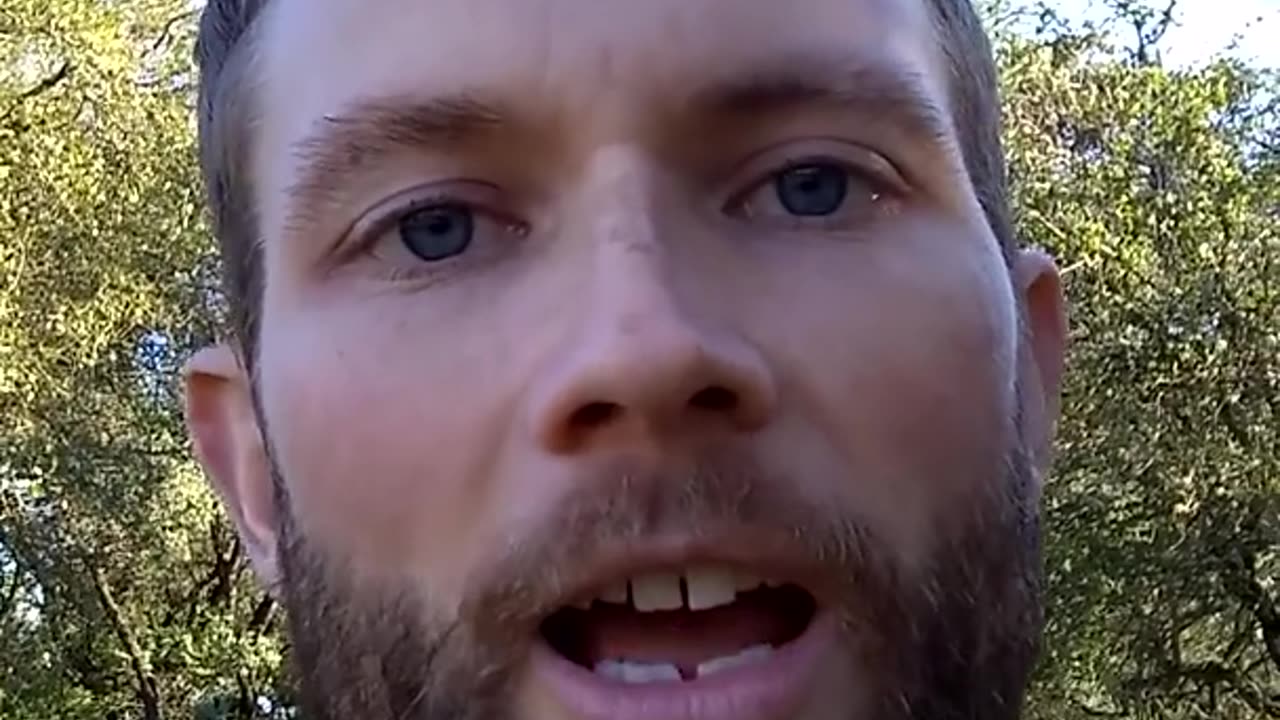Premium Only Content

Religious platitudes, psychological & theological contradictions in moral reasoning.
“Love the sinner, hate the sin” collapses when the sin destroys innocent human or animal life.
When someone’s actions involve physical violence, extreme physical cruelty, or cause physical death, those aren’t just isolated missteps—they reveal something fundamental about who that person truly is. In such cases, the sin and the sinner are inseparable.
So when someone says:
> “I still love him, I just hate the fact that he raped someone,”
or
“I love them, but I hate that they committed genocide,”
—it rings hollow. That’s not love; it’s moral evasion.
At a certain point, loving them despite it becomes something darker: complicity.
Claiming to love someone who persistently harms others might feel like virtue, but in truth, it signals a refusal to take evil seriously.
You cannot claim to love someone while ignoring the defining weight of their actions—especially when those actions destroy lives.
In such cases, “hating the sin” demands not just disapproval, but a full reckoning with the sinner(s) themselves.
-
 24:23
24:23
MYLUNCHBREAK CHANNEL PAGE
20 hours agoIstanbul Should NOT Exist - Pt 5 of 5
21.9K17 -
 15:31
15:31
Chris Harden
2 days agoOvershadowed by Gary | Lake Station, Indiana
9.17K3 -
 8:27:16
8:27:16
SLS - Street League Skateboarding
19 days agoSLS Paris 2025 🛹 | OCTOBER 11, 2025
409K33 -
 6:15:10
6:15:10
SpartakusLIVE
8 hours ago$120,000 WZ Tourney || #1 Tournament Champion RETURNS
22.5K1 -
 47:47
47:47
Athlete & Artist Show
8 hours ago $0.86 earnedSeason 6 Premiere, NHL Season Preview!
16.5K2 -
 17:17
17:17
Advanced Level Diagnostics
20 days ago $2.16 earnedWhy won't this Mack Truck Charge!
22.2K3 -
 1:33:51
1:33:51
Steve-O's Wild Ride! Podcast
16 days ago $12.71 earnedJohn C. Reilly's Surprising Connection To Jackass (And Beef With Weeman!)
116K24 -
 LIVE
LIVE
StoneMountain64
5 hours agoBattlefield 6 Unlocks and Challenges
69 watching -
 7:34:25
7:34:25
Total Horse Channel
13 hours agoLow Roller Reining Classic | Main Arena | October 11th, 2025
58.4K5 -
 LIVE
LIVE
GamerGril
5 hours agoZombie Fight Club 💞Dying Light The Beast💞
75 watching